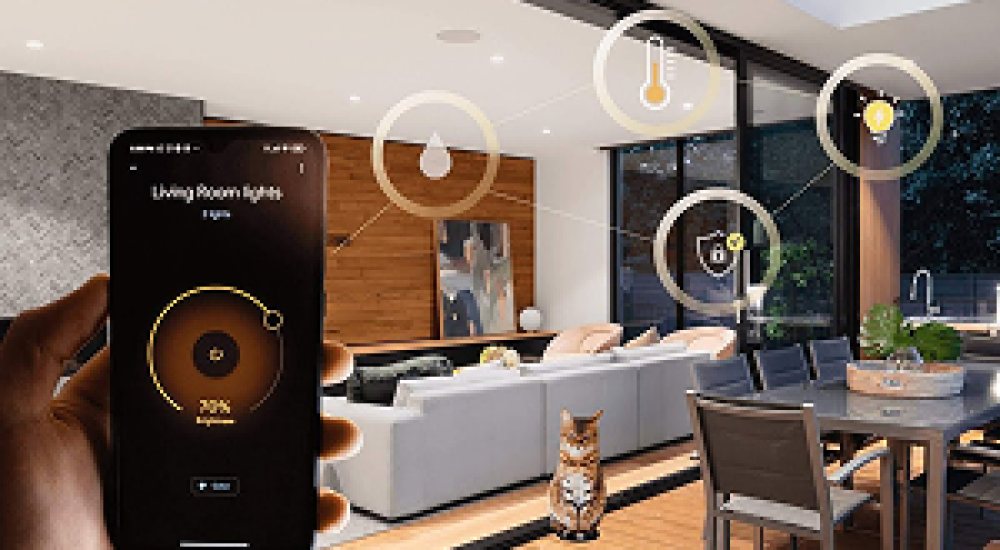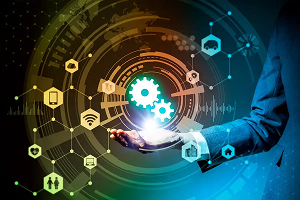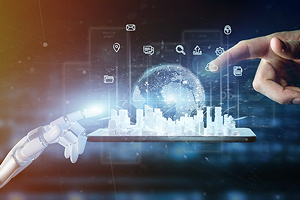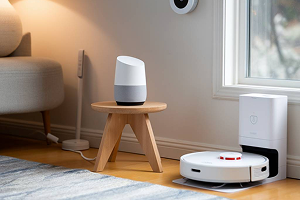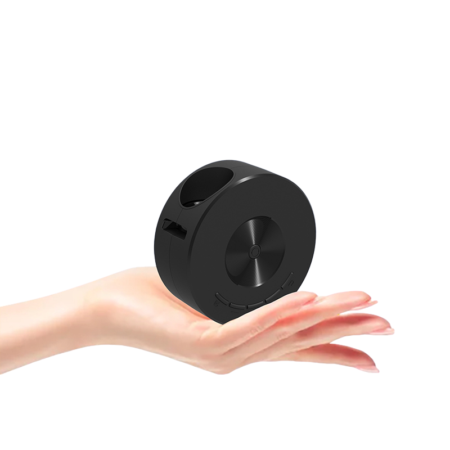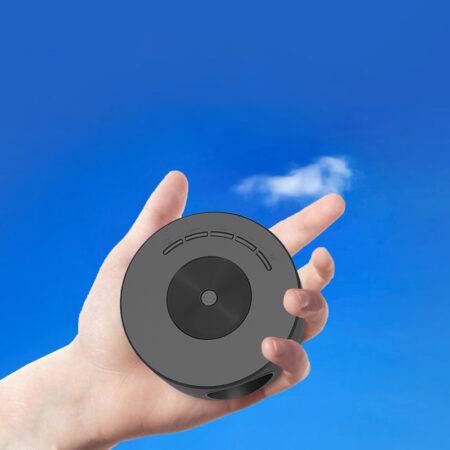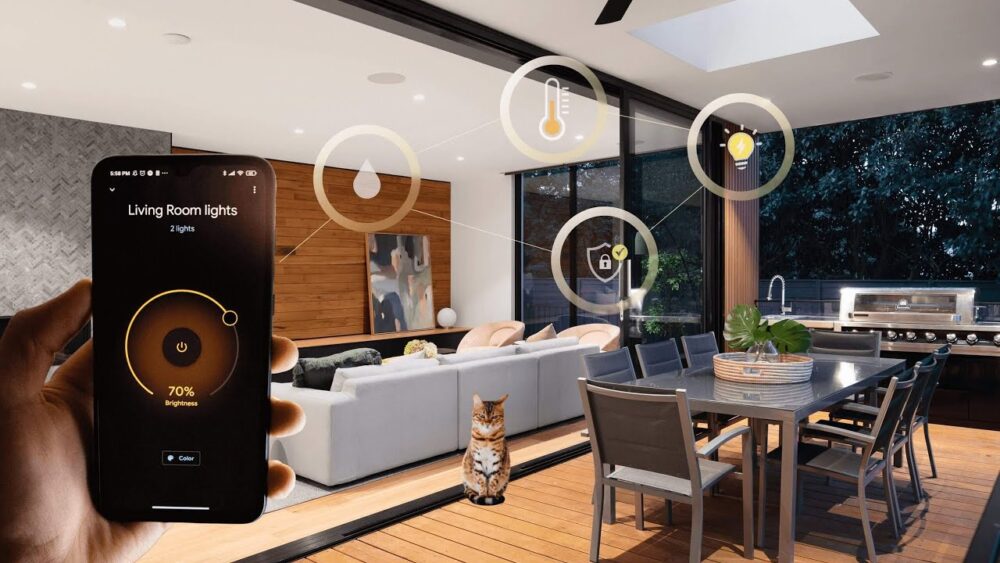
Introduction
The concept of a “smart home” has come a long way from being a futuristic dream to a tangible reality. With the rapid advancements in technology, the smart home of tomorrow promises to be even more intelligent, efficient, and seamlessly integrated into our daily lives. From AI-powered automation to enhanced security and sustainable living, the future of smart homes holds boundless possibilities. This article explores the exciting innovations that will shape the smart homes of tomorrow and the potential impact they will have on our lifestyles.
Artificial Intelligence and Home Automation
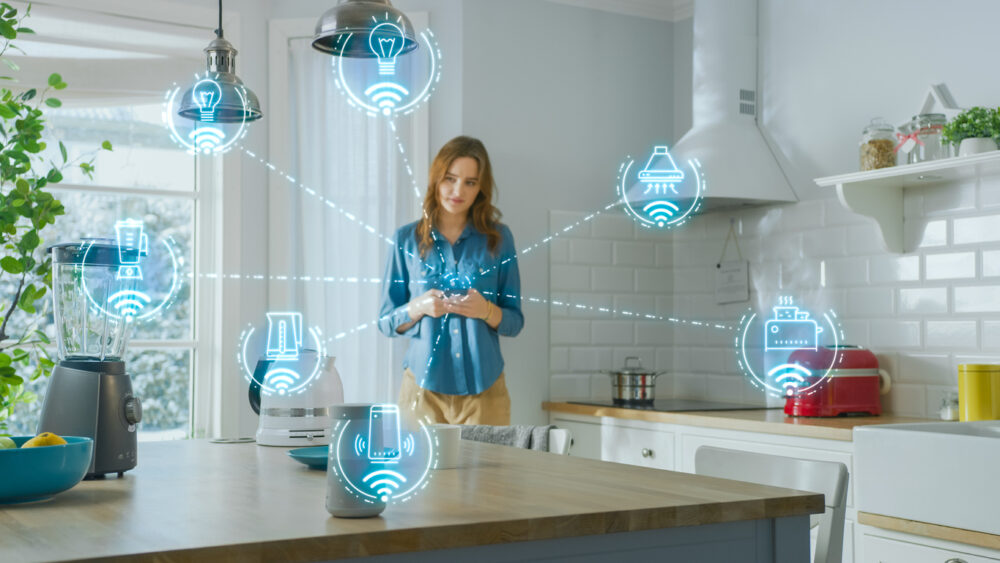
Artificial Intelligence (AI) is the backbone of the smart homes of the future. AI-powered home automation systems will take center stage, enabling homes to understand and adapt to residents’ preferences and habits. These systems will be equipped with natural language processing, allowing residents to control various aspects of their homes through voice commands.
Imagine a home that recognizes when you wake up and automatically adjusts the thermostat, opens the blinds, and starts brewing your morning coffee. AI-driven automation will streamline daily tasks and create an environment that caters to each individual’s needs and schedules, making smart homes truly intelligent and intuitive.
Internet of Things (IoT) Connectivity
The Internet of Things (IoT) will continue to play a pivotal role in smart homes of the future. IoT devices will connect various appliances, sensors, and systems, allowing them to communicate with each other and operate in harmony.
For instance, a smart refrigerator will be connected to your shopping list, alerting you when you’re running low on groceries and even placing an order for you. Meanwhile, your smart energy management system will coordinate with solar panels and storage batteries to optimize energy consumption and reduce reliance on the grid.
Enhanced Home Security

Security will be a paramount concern for smart homes of tomorrow. AI-powered security systems will not only detect intruders but also analyze patterns in activity to differentiate between normal household movements and potential threats.
Facial recognition technology will become more sophisticated, providing seamless access to authorized individuals while alerting homeowners to unfamiliar faces. Integration with smartphones and wearable devices will allow homeowners to monitor their homes remotely and receive real-time alerts in case of emergencies.
Sustainable Living and Energy Efficiency
As concerns over climate change grow, smart homes of the future will prioritize sustainability and energy efficiency. Advanced smart meters will provide real-time data on energy usage, enabling homeowners to identify areas for improvement and reduce their carbon footprint.
AI algorithms will optimize heating, cooling, and lighting systems based on occupancy patterns and external weather conditions, reducing energy waste and lowering utility bills. Additionally, integration with renewable energy sources like solar panels and wind turbines will make smart homes more self-sufficient and environmentally friendly.
Personalized Healthcare and Wellness

Smart homes will not only be places to live but also centers for personalized healthcare and wellness. IoT devices and wearables will collect health data, providing insights into residents’ physical and mental well-being.
For example, a smart bathroom mirror might analyze your skin health and suggest appropriate skincare products, while a smart mattress could track your sleep patterns and adjust its firmness to improve sleep quality. These technologies will empower individuals to take proactive measures to maintain their health and well-being within the comfort of their own homes.
Immersive Entertainment and Virtual Reality
Entertainment in smart homes of the future will be transformed by immersive technologies like Virtual Reality (VR). Advanced VR systems will enable residents to escape to virtual worlds, enjoy interactive gaming experiences, and participate in virtual social gatherings.
Incorporating VR into the smart home will go beyond entertainment, as VR can be utilized for educational purposes, training simulations, and even teleconferencing. As VR technologies become more accessible and sophisticated, smart homes will become hubs for a wide range of virtual experiences.
Robotics and Smart Appliances
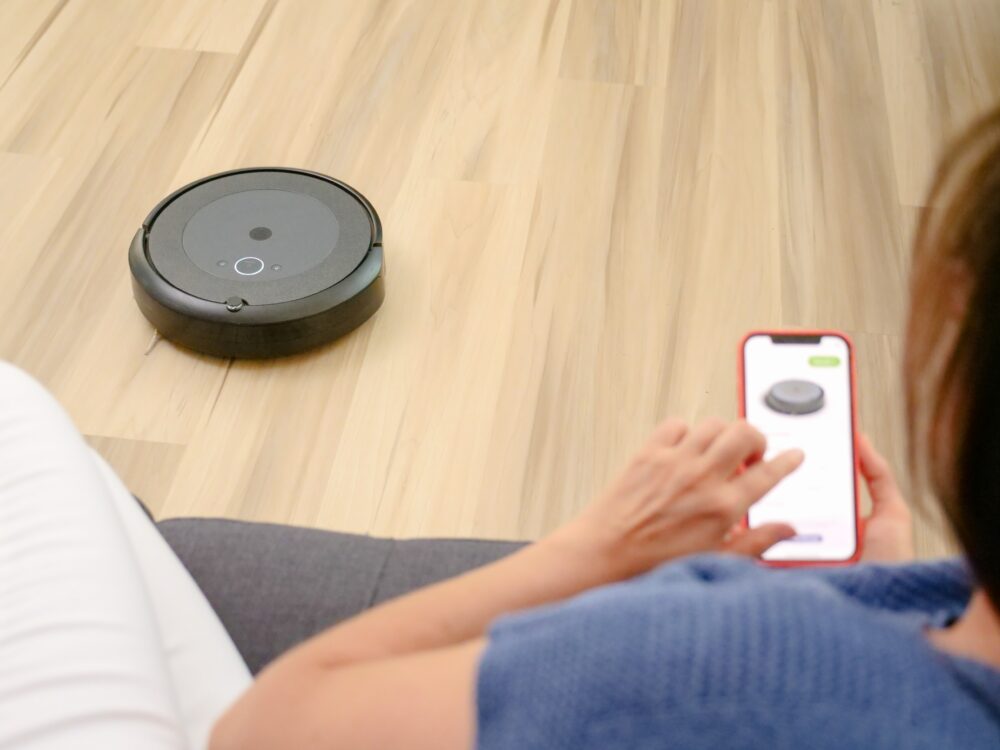
Robotics will become an integral part of smart homes, performing various tasks and providing assistance to residents. From robotic vacuum cleaners and lawn mowers to personal assistant robots, these smart machines will handle mundane chores, freeing up more time for human interaction and leisure.
Smart appliances will also evolve, becoming more energy-efficient and connected to home automation systems. Imagine a washer-dryer that automatically starts a load when electricity is cheapest, or a smart oven that preheats itself when it detects you’re heading home. These innovations will further enhance the convenience and efficiency of daily living.
Augmented Reality (AR) for Home Improvement
Smart homes of the future will incorporate Augmented Reality (AR) to streamline home improvement and interior design. With AR, homeowners can visualize how different paint colors, furniture, and decorations will look in their living spaces before making any physical changes.
AR will also assist in home maintenance tasks, providing visual guides for repairs and installations. By empowering homeowners with AR tools, smart homes will make home improvement projects more accessible and enjoyable.
Conclusion
The smart homes of tomorrow are not just a figment of science fiction; they are becoming an exciting and tangible reality. Powered by Artificial Intelligence, IoT connectivity, and advanced technologies like VR and AR, smart homes will redefine how we live, work, and interact within our living spaces.
From seamless automation and enhanced security to sustainable living and personalized healthcare, the future of smart homes promises to enrich our lives and create more efficient, connected, and sustainable living environments. As technology continues to evolve, the possibilities for smart homes are limitless, and we can look forward to a future where our homes become more than just places to live – they become intelligent companions that cater to our every need and desire.

